EU restrictions on food imports from Japan: To be completely abolished on August 3
ーEuropean Commission president announces complete abolitionー
ーJapan’s monitoring system shows its effectivenessー
We will deliver a summary from the latest JETRO article.
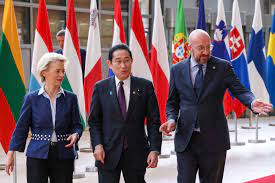
European Commission:
Brussels July 18, 2023
It announced that it will completely abolish the import restrictions
that have been applied to Japanese food products.
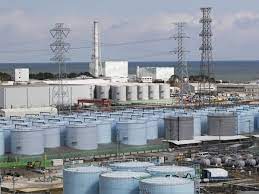
Nuclear power plant accident: A
fter the accident at the Tokyo Electric Power Company
Fukushima Daiichi Nuclear Power Station in March 2011,
The EU has applied import restrictions to Japanese food products.
European Commission:
Chairman Ursula von der Leyen
At the Japan-EU summit meeting,
the chairman of the European Commission announced the complete abolition.
Published in the Official Journal of the EU
The European Commission will adopt implementing rules
to repeal the current regulations.
It was published in the Official Journal of the EU on July 14.
Twenty days after posting, that is, on August 3, it will be completely abolished.
Import regulations for Japanese foods:
Import restrictions started at the end of March 2011.
It is reviewed every two years,
and the controlled items have been gradually reduced.
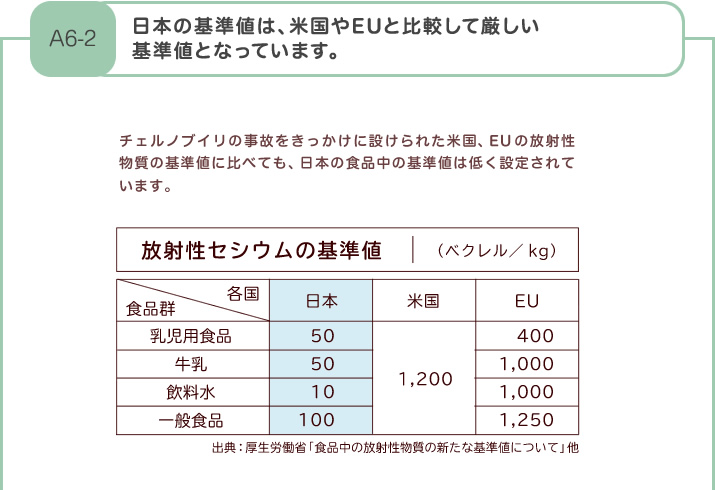
After the September 2021 review:
A total of 10 prefectures, including Tohoku and Kanto,
were required to submit a radioactive material inspection certificate at the time of import.
Japan has set a “strict upper limit of 100 becquerels per kilogram” for the target products.
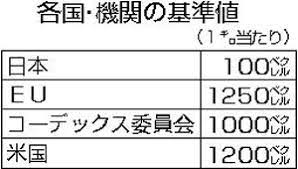
EU evaluates Japan’s response:
Regulatory values are always complied with.
Japan’s management and monitoring system shows its effectiveness.

Europe completely abolishes import restrictions on Japan:
However, the Japanese government continues
to state the effects of radioactivity on agricultural and fishery products.
He pointed out the importance of monitoring.
ALPS facility at Fukushima Daiichi:
In particular, regarding the release site of ALPS-treated water
from the Fukushima Daiichi Nuclear Power Plant,
asked for the information to be made public.
https://www.jetro.go.jp/biznews/2023/07/45e6093eea1f404e.html
Hong Kong government to ban seafood imports from 10 Japanese prefectures
ーImplemented after the release of ALPS-treated water from the Fukushima nuclear power plantー
We will deliver a summary from the article published by JETRO.
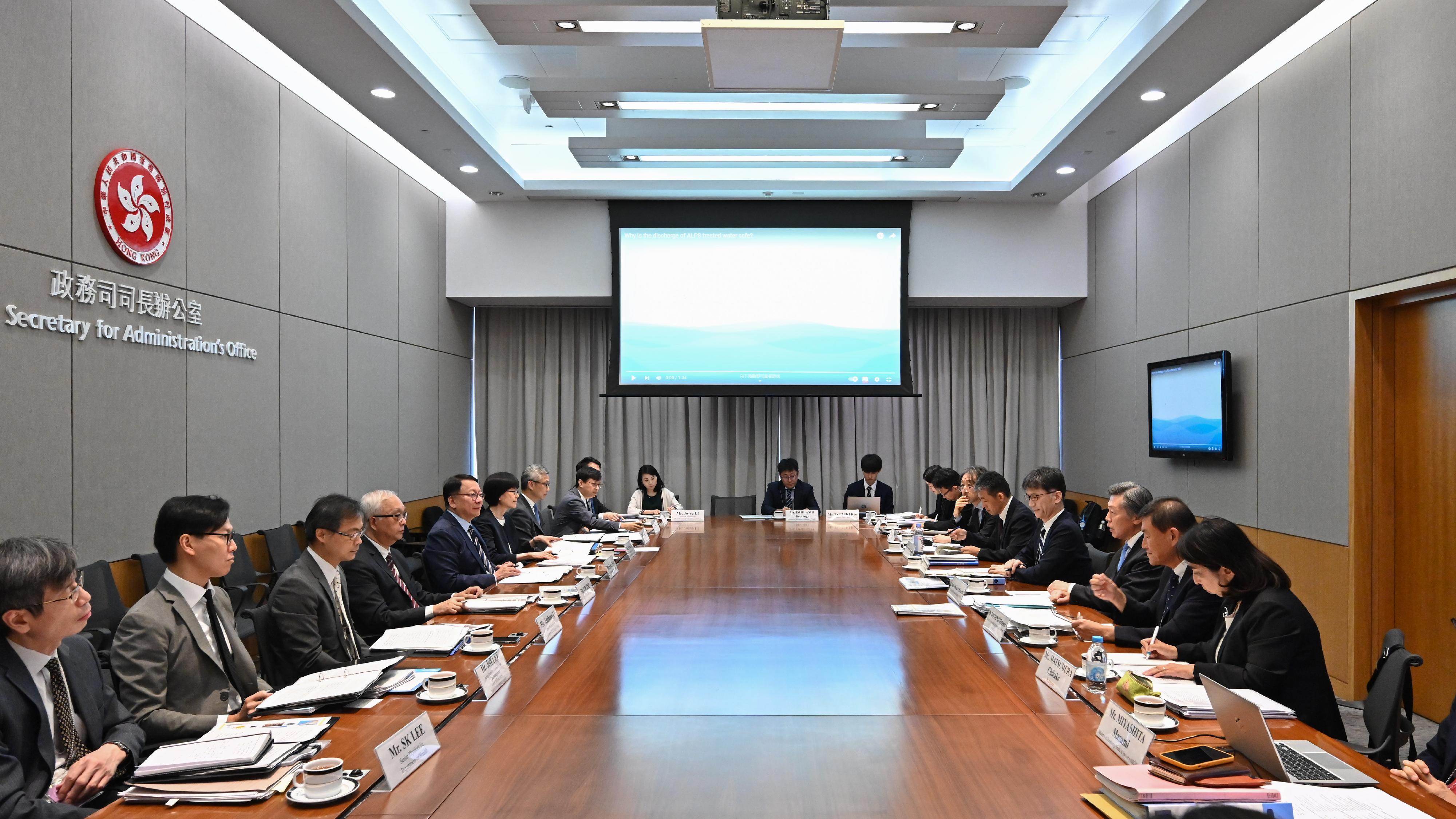
Hong Kong Special Administrative Region Government:
July 14, 2023
Dealing with the release of ALPS-treated water
Japan uses ALPS-treated water from the Fukushima Daiichi Nuclear Power Station
If the release starts, take the following measures.
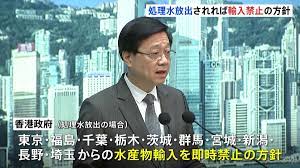
Import restrictions on marine products from 10 prefectures in Japan:
Tokyo, Fukushima, Chiba, Tochigi, Ibaraki, Gunma, Miyagi, Niigata, Nagano, Saitama
Immediately ban the import of marine products from 10 prefectures.
Marine products from 10 prefectures:
live fish, frozen, chilled, Seafood preserved
by drying or other methods, Contains sea salt, processed seaweed.
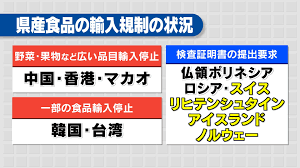
Import restrictions on products from five prefectures in Japan:
After the Great East Japan Earthquake,
an accident occurred at the Fukushima Daiichi Nuclear Power Plant.
The “Hong Kong import restrictions implemented in March 2011” will also continue.
Import restrictions are currently being implemented
for “some foods produced in the five prefectures of Fukushima, Chiba, Tochigi, Ibaraki, and Gunma.”
https://www.jetro.go.jp/biznews/2023/07/c4949144420143a3.html